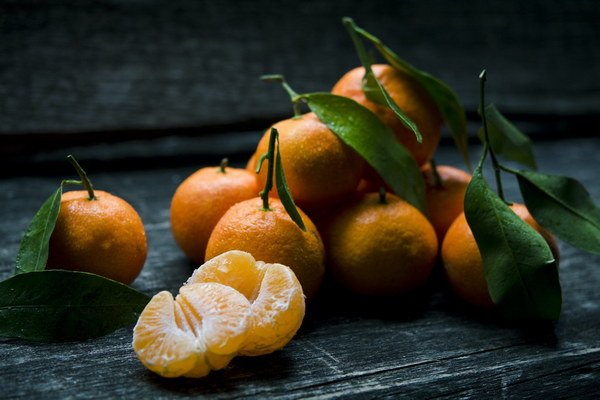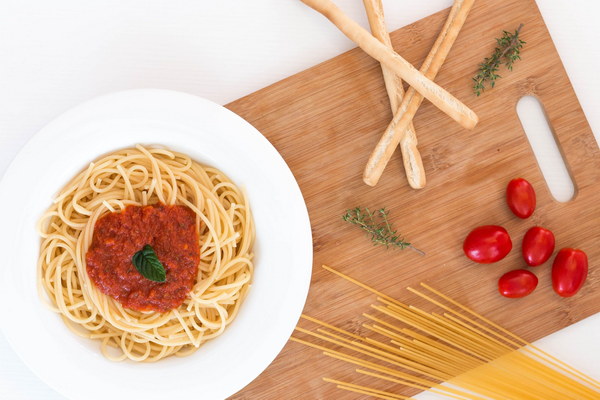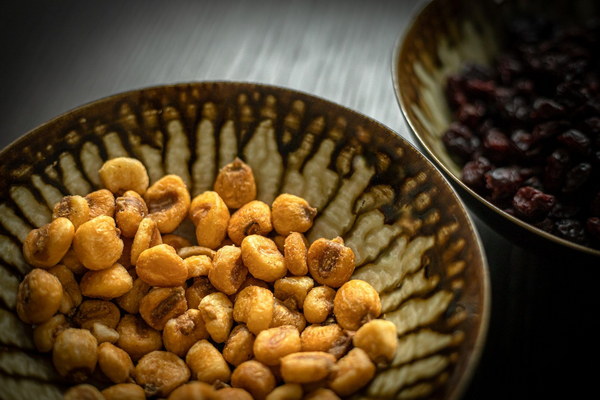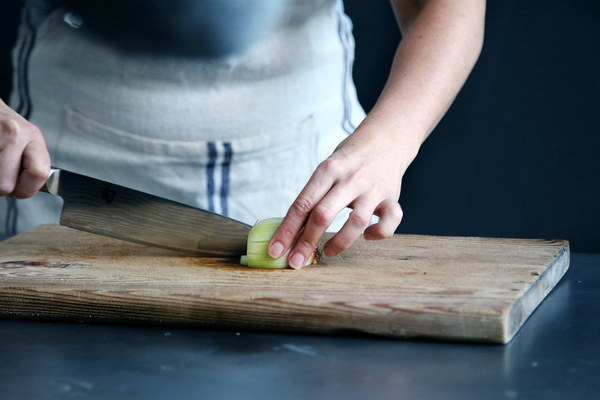Does Xuchangqing Relieve Dampness A Comprehensive Guide to This Traditional Chinese Herb
In traditional Chinese medicine, Xuchangqing (Cynanchum wilfordii) is renowned for its properties in expelling dampness and enhancing overall health. But what exactly is dampness, and how can Xuchangqing help? This article will delve into the concept of dampness, its symptoms, and the potential benefits of Xuchangqing in treating dampness-related issues.
Dampness in Chinese medicine is a concept that refers to an imbalance in the body's Yin and Yang energies, specifically the accumulation of excess fluid and dampness that can lead to various health problems. It is believed to be caused by factors such as poor diet, environmental conditions, and excessive emotional stress. When dampness accumulates in the body, it can manifest as a range of symptoms, including fatigue, joint pain, weight gain, and digestive issues.
Xuchangqing, a herb derived from the Cynanchum wilfordii plant, is commonly used in traditional Chinese medicine to address dampness-related conditions. The herb is believed to have several properties that make it effective in treating dampness:
1. Drain Dampness: Xuchangqing is known for its ability to drain dampness from the body. By promoting the movement of fluid and reducing the accumulation of dampness, the herb can help alleviate symptoms such as joint pain, edema, and general discomfort.
2. Strengthen the Spleen: The spleen is an essential organ in traditional Chinese medicine, responsible for transforming food into energy and maintaining fluid balance. Xuchangqing is thought to strengthen the spleen, which can help prevent the formation of dampness and improve overall digestion.
3. Harmonize Qi: Qi, or life force, is another critical element in traditional Chinese medicine. Xuchangqing is believed to harmonize Qi, which can help alleviate symptoms such as fatigue and improve overall vitality.
4. Detoxify: The herb is also thought to have detoxifying properties, which can help eliminate excess dampness and promote a healthy body.
While Xuchangqing is commonly used to treat dampness-related issues, it is essential to consult with a qualified practitioner before starting any herbal treatment. Here are some of the most common uses of Xuchangqing in traditional Chinese medicine:
1. Arthritis: Xuchangqing is often used to treat arthritis and other joint-related conditions due to its ability to drain dampness and reduce inflammation.
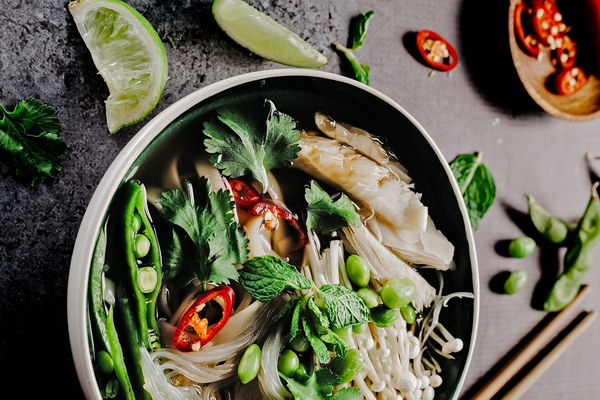
2. Edema: The herb can help reduce fluid retention and alleviate symptoms of edema, such as swelling in the legs and feet.
3. Digestive Issues: Xuchangqing can help improve digestion and alleviate symptoms such as bloating, constipation, and diarrhea.
4. Fatigue: By harmonizing Qi and strengthening the spleen, Xuchangqing can help combat fatigue and boost energy levels.
In conclusion, Xuchangqing is a valuable herb in traditional Chinese medicine, known for its effectiveness in treating dampness-related conditions. However, it is crucial to consult with a qualified practitioner to ensure that the herb is suitable for your specific health needs. With proper guidance, Xuchangqing can be an excellent addition to your wellness routine, helping you achieve a balanced and healthy life.

